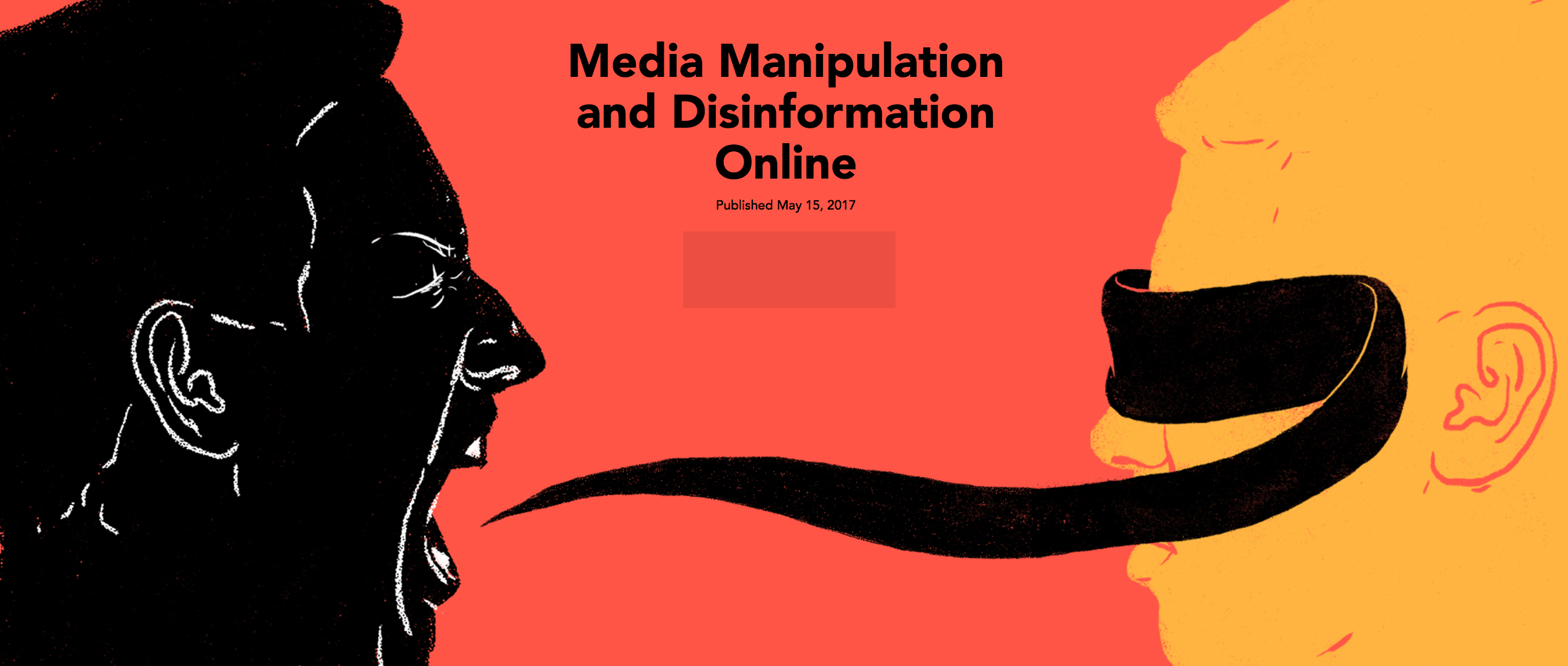http://www.tiara.org/
https://twitter.com/alicetiara
Can memes bring down a president? Hard to say, but what we certainly know is that Internet subcultures indeed played a key role in electing one.
Alice Marwick is a social researcher and an acute observer of the social use of the Internet, finding the political angle in what we usually consider as apparently innocent communication habits. For instance, how teenagers share leaked celebrity nudes or their expectation about privacy are not just trivial, unpremeditated routines. Instead, they can be understood as indicators of a hidden class differential in big data. “The networked nature of online privacy - says Marwick - disproportionately impacts marginalized individuals in terms of gender, race, and socio-economic status.”
In 2016 she worked for the Data & Society research institute in New York, an independent non-profit organization focused on the social and cultural issues arising from data-centric technological development. 2016 was also when an outsider won the Republican party nomination and, against all odds, became the president of the United States. According to an (in)famous subreddit thread, Mr. Trump was allegedly the first president “memed” into the White House. All of a sudden the Internet and social media in particular were depicted by traditional media as dangerous places, plagued with trolls and toxic bites of information. The ‘fake news’ hysteria broke out.

But are fake news merely yet another case of political disinformation? Alice Marwick and her team nose-dived into an uncanny and often hateful arena where racism and misogyny blended with irony-saturated Internet subcultures, cross-pollinated by conspiracy theories, intersecting traditional far-right communities, and often turning into online sensationalism and media manipulation strategies. What mass media and political hype called “fake news” looked now as something far more interesting, and dangerous.

Journalists tend to consider ‘post-truth’ as just an issue of professional ethics (or lack thereof). Yet, for Marwick and her team it started to look like a different phenomenon: a shift in the public sphere fueled by networked communication habits. In fact, behind labels such as ‘fake news’ or ‘post-truth’ (or even ‘concealed Russian propaganda’) emerged an ambiguous chain of loosely connected phenomena, such as swarms of Twitter bots, far right versions of participatory culture and its contradictory emancipatory potential, and eventually the mass media vulnerability to a new type of manipulation, engineered collectively by users, but spinned by non traditional political organizations.
Alice Marwick is currently Assistant Professor of Communication at the University of North Carolina at Chapel Hill. She co-authored the Data & Society report “Media Manipulation and Disinformation Online” (2017) and wrote “Status Update: Celebrity, Publicity and Branding in the Social Media Age” (Yale 2013). She has also written for popular publications such as The New York Times, The New York Review of Books and The Guardian.
The New Networked Normal
A European partnership and programme in collaboration with Abandon Normal Devices (UK), Centre de Cultura Contemporània de Barcelona (Catalonia, Spain), The Influencers (Catalonia, Spain), Transmediale (Germany) and STRP (Netherlands).
This project has been funded with support from the European Commission. This communication reflects the views only of the author, and the Commission cannot be held responsible for any use which may be made of the information contained therein.